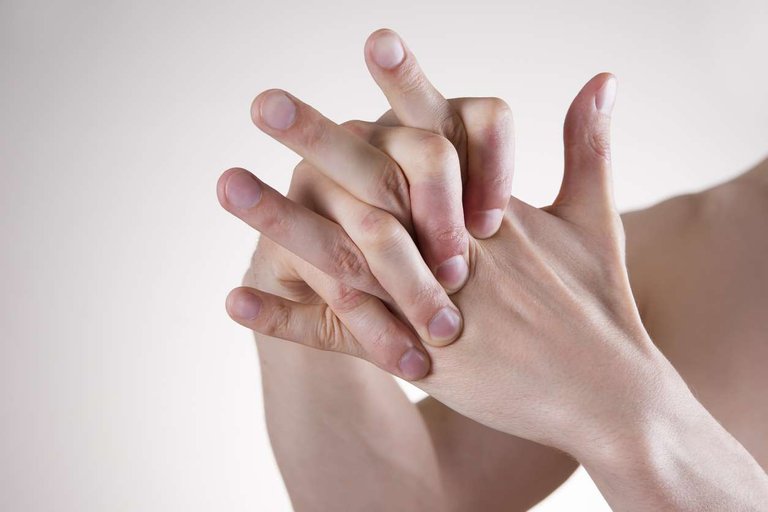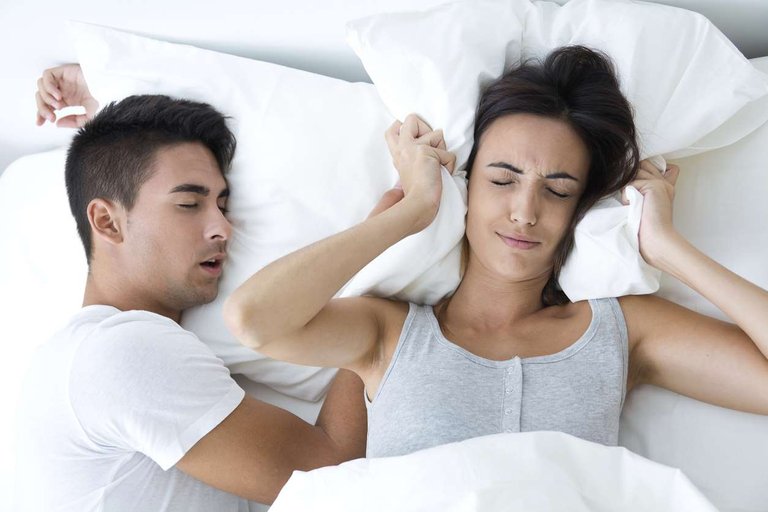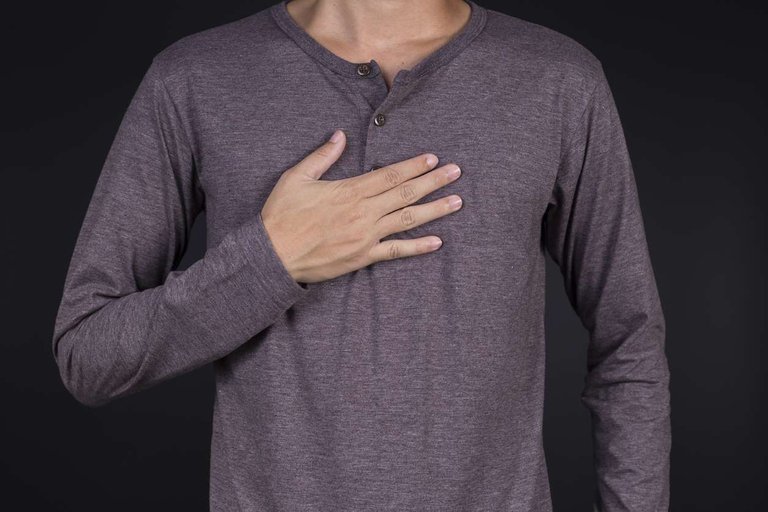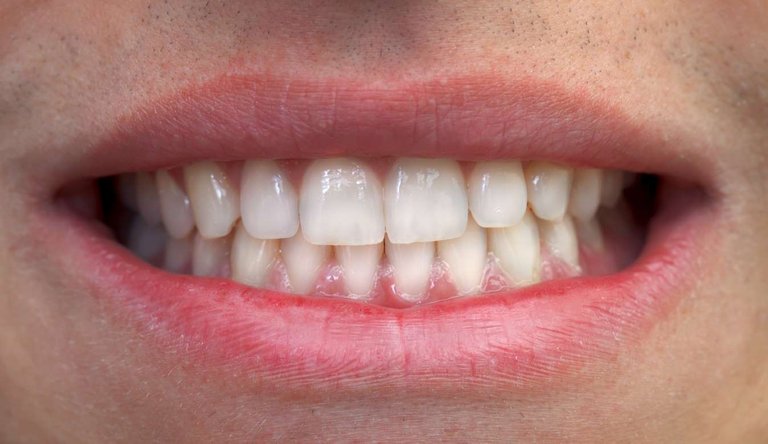A belly that gurgles

What is it ? Belly gurgles, also called borborygms, are due to gases that pass through the fecal bowl through spasms of the intestine. The sign of what? "If they are too frequent, they may be heralding spasmodic colitis (a pathology of the colon) or simply a gastroenteritis", warns Dr. Rageau, general practitioner.
joints that crack

When to worry? "In a young person, the cracking of the joints is often innocuous: it simply results from the snapping of the gas bubbles present in the synovial fluid", reveals Dr. Rageau. "But with age, these crunches may indicate osteoarthritis, especially in the knees or cervical".
Good to know: "The knee crack is a typical symptom of osteoarthritis, osteoarthritis of the joint, which can be identified by placing your hand on the patella when you bend the knee: characteristic cracking of gonarthrosis generates a small vibration ", breathes the doctor.
Belching and frequent flatulence

The sign of what? Burping and intestinal gas may be indicative of an aerophagy problem, ie the abnormally high level of air in the digestive tract. Where does this trouble come from? Excessive ingestion of air during food intake. "Gases can also form in the small intestine where some foods can ferment," says Dr. Rageau.
Good to know: "The air escapes in the form of belching when it is in the upper part of the digestive tract, but if the gases go down into the intestine, they will give rise to flatulence." describes the doctor.
How to do ? *"Eat less quickly, chew your food and avoid soft drinks are the first reflexes to adopt to reduce belching and flatulence" *, advises Dr. Rageau. "Against flatulence, think also to reduce your consumption of starchy foods and legumes".
Warning: "Significant belching may also be symptoms of hiatal hernia, poor positioning of part of the stomach, remember to see a doctor if there are significant referrals".
A hiccup that does not pass

When to worry? A hiccup must alert if it lasts several hours. The sign of what? "Hiccups can result from an irritation of the stomach, for example because of a poorly adapted food", says Dr. Rageau. "But it can also be a sign of irritation of the diaphragm or a nervous disorder,"* he says.
How to do ? "When the hiccups become tiring and cause insomnia, he can testify to a digestive or nervous pathology, consult a doctor quickly for a diagnosis", advises the doctor.
Severe snoring

The sign of what? "A sustained snoring may indicate a weakening of the roof of the palate, a phenomenon that intensifies as you get older, and may also be a symptom of a deviated nasal septum." Dr. Rageau.
Caution: Severe, persistent, fatigue-related snoring may be a sign of sleep apnea, a respiratory illness with serious health consequences.
Severe snoring The sign of what? "A sustained snoring may indicate a weakening of the roof of the palate, a phenomenon that intensifies as you get older, and may also be a symptom of a deviated nasal septum." Dr. Rageau.
A rattle in the bronchi

The sign of what? A rattling sound in the lungs indicates a problem with the passage of air through the bronchi. "It can for example be a bronchitis superinfected", reveals Dr. Rageau.
Good to know: Another noise may occur at the base of the lungs. "These are 'crepitants', which generate a sound similar to that of salt in a chimney fire, and may be a sign of heart failure because they indicate the presence of water in the cells." reveals the doctor.
Wheezing in the lungs

The sign of what? Wheezing that occurs in the lungs or larynx during inspiration may be caused by respiratory allergy. "It can also be caused by inflammation of the respiratory mucosa, as in asthma or in allergic or infectious laryngitis," says Dr. Rageau.
How to do ? In case of severe breathing difficulties, consult.
Creaky teeth

The sign of what? The grinding of teeth is called bruxism. "It can be due to stress, poor sleep or epileptic terrain", says Dr. Rageau.
How to do ? "The main disadvantage of bruxism lies in the wear of the teeth.Be careful to consult an ENT doctor, a dentist or even a neurologist to establish a diagnosis", advocates the doctor. Anti-bruxism splints exist to reduce the impact of squeaks on teeth.